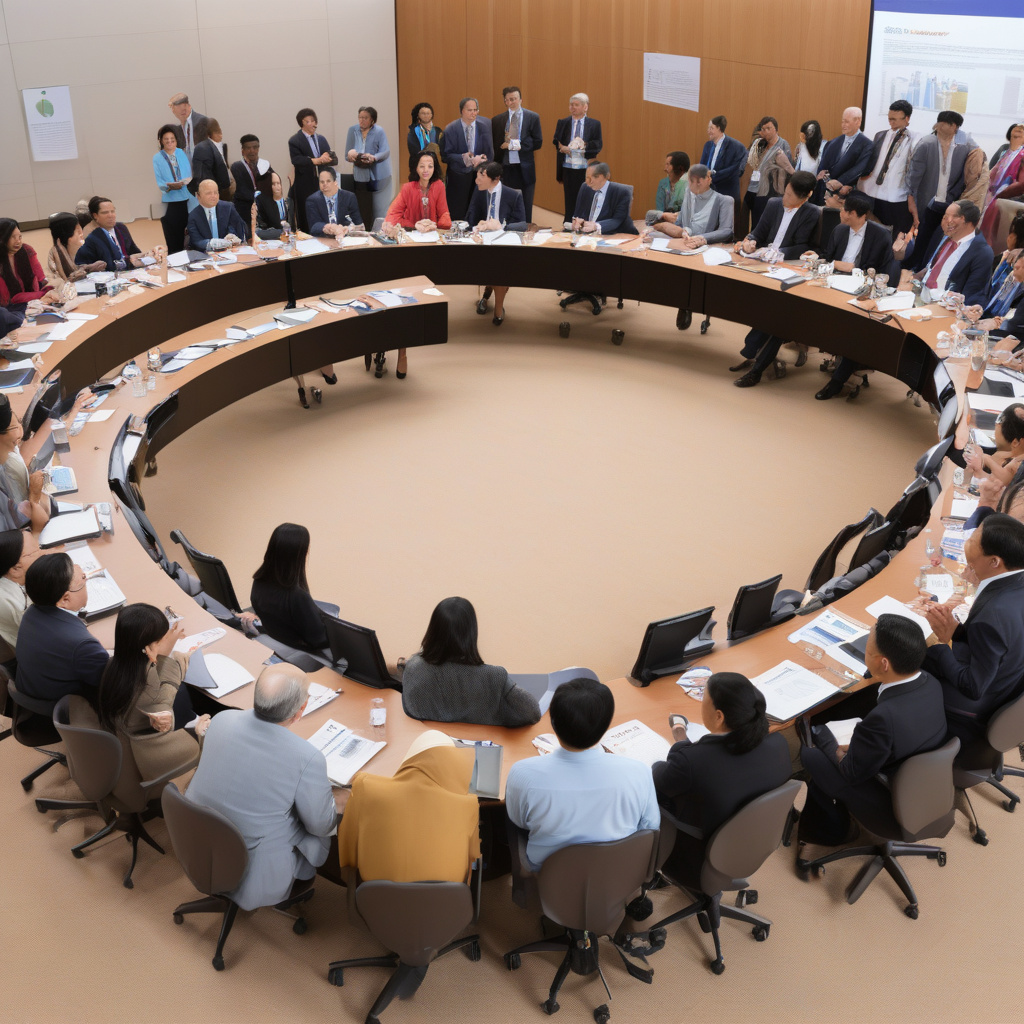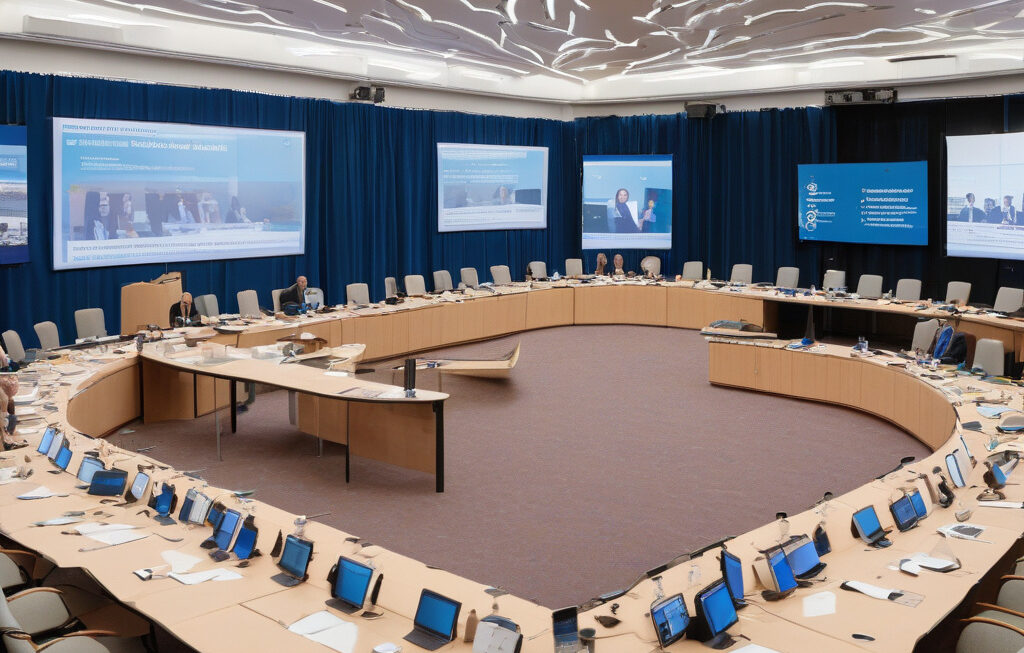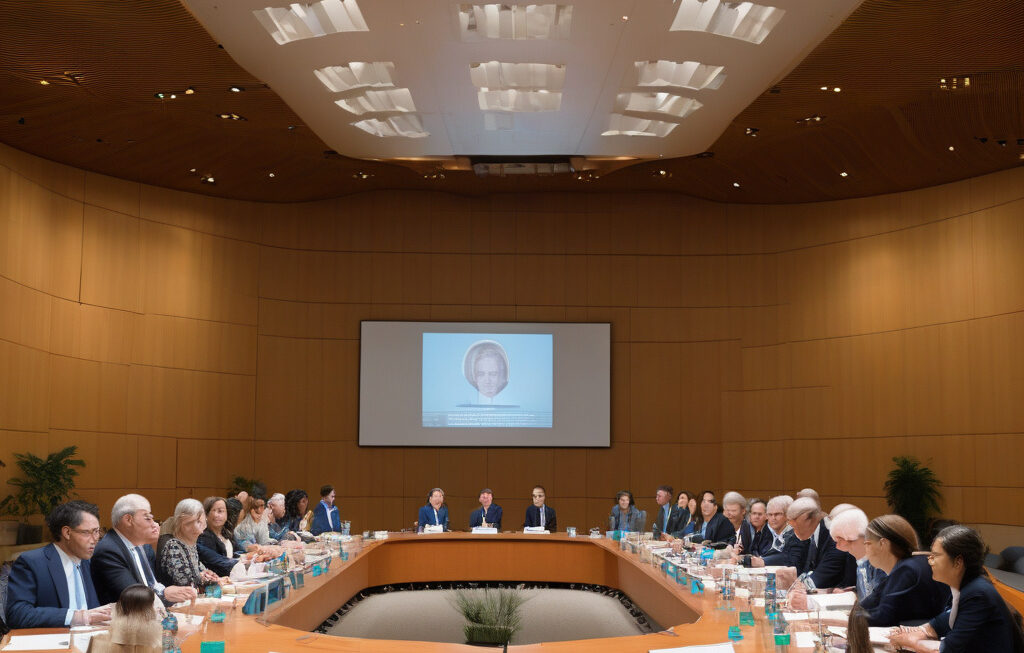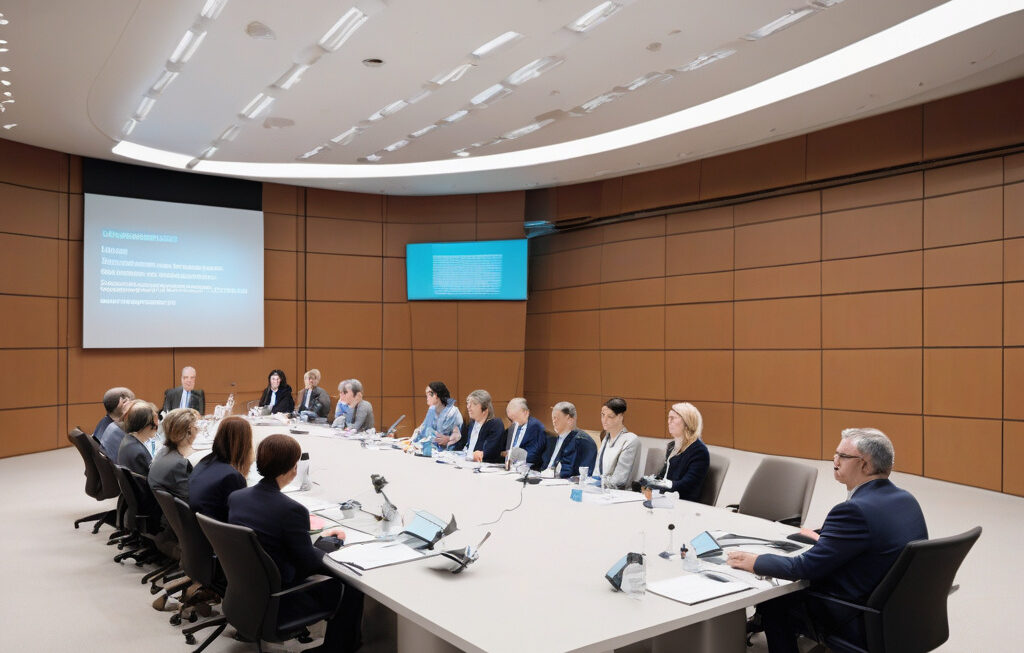Strengthening IGF and WSIS Platforms: A Necessity Emphasized by Leaders
In the realm of digital governance and policy-making, the Internet Governance Forum (IGF) and the World Summit on the Information Society (WSIS) are two pivotal platforms that play a vital role in shaping the future of the digital world. Recently, leaders in the tech and policy sectors have underscored the importance of strengthening these platforms rather than replacing them, recognizing their significant contributions and potential for even greater impact.
One key aspect that has garnered praise is the International Telecommunication Union (ITU) for its coordinating role in the outcomes of WSIS. The ITU, as the specialized UN agency for information and communication technologies, has played a crucial part in facilitating discussions, fostering collaboration, and driving progress in the digital space. Its efforts have not gone unnoticed, with stakeholders acknowledging the value it brings to the table in advancing the goals set forth by WSIS.
The IGF, established as a multi-stakeholder platform for discussing Internet governance issues, serves as a forum for open dialogue, knowledge sharing, and policy development. Over the years, it has evolved into a space where stakeholders from various backgrounds come together to address emerging challenges and opportunities in the digital age. By emphasizing inclusivity and diversity, the IGF has been able to capture a wide range of perspectives, ensuring that all voices are heard in the decision-making process.
Similarly, WSIS has been instrumental in promoting the use of information and communication technologies (ICTs) for sustainable development. Through its action lines and implementation mechanisms, WSIS has been driving efforts to bridge the digital divide, enhance cybersecurity, promote digital literacy, and harness the power of ICTs for social good. The outcomes of WSIS have laid the foundation for a more connected, inclusive, and prosperous digital future.
As leaders advocate for the strengthening of IGF and WSIS platforms, they emphasize the need to build upon the existing frameworks and mechanisms rather than starting from scratch. The institutional knowledge, networks, and best practices developed over the years are valuable assets that can drive further progress and innovation in the digital space. By leveraging these strengths and fostering greater collaboration among stakeholders, IGF and WSIS can continue to play a pivotal role in shaping global digital governance.
Moreover, in a rapidly evolving digital landscape where new technologies, threats, and opportunities emerge constantly, the need for robust and agile governance mechanisms is more critical than ever. IGF and WSIS, with their flexible and inclusive approach, are well-positioned to adapt to changing circumstances and address emerging challenges effectively. By reinforcing their mandates, enhancing their capacities, and expanding their reach, these platforms can stay ahead of the curve and lead the way in promoting a safe, open, and inclusive digital ecosystem.
In conclusion, the call to strengthen IGF and WSIS platforms reflects a shared commitment to advancing global digital governance and ensuring that the benefits of the digital revolution are realized by all. By building upon the achievements of the past and embracing the opportunities of the future, IGF and WSIS can continue to serve as beacons of collaboration, innovation, and progress in the digital age.
#IGF, #WSIS, #DigitalGovernance, #ITU, #DigitalFuture












